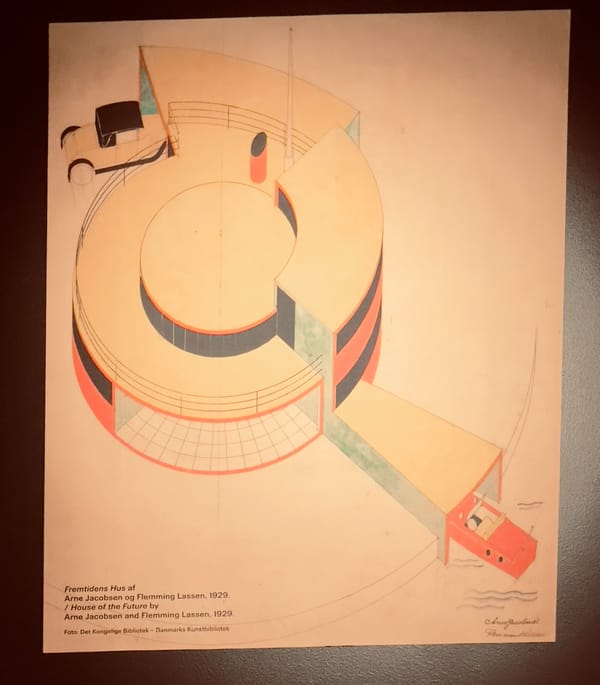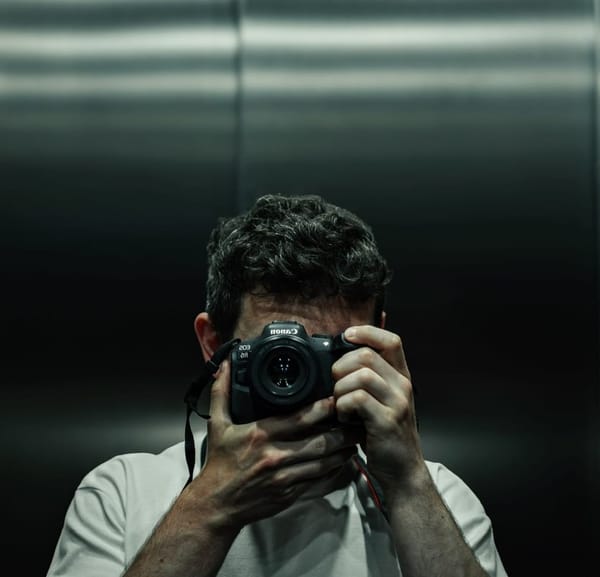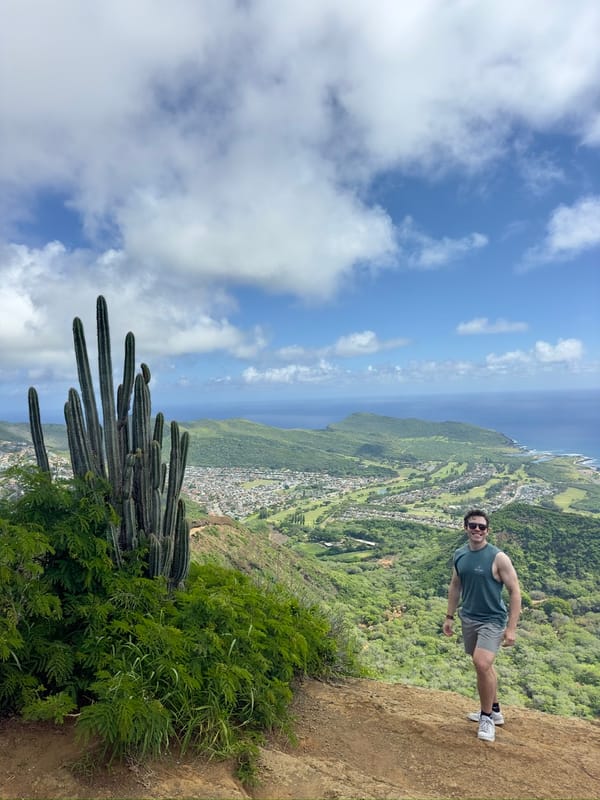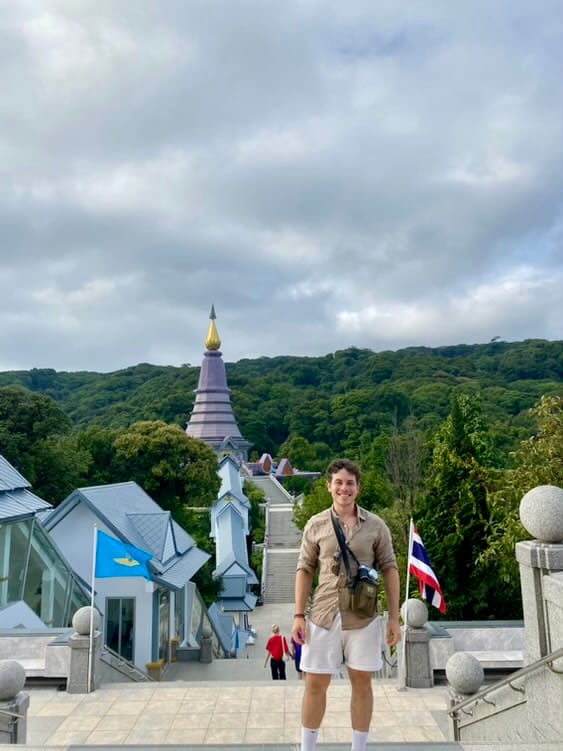Kindness Kills the Cancer of the Soul
A chance encounter can change a thousand lives.

I'm fuming while I walk to the train station. It's one of those days when your mind plays tricks on you, making it seem that everything is much worse than it actually is. Fighting through this whirlpool of emotion is a struggle – and I'm losing.
I'm thirsty. Before I get on the train, I need to get some water. I head to the supermarket while I shoot everybody in my way an angry look. I arrive at the supermarket, get my water, and see the longest queue that's ever been assembled in the history of Switzerland. Everybody just stands there, being calm. I can't fathom how these people dare to mind their own business while I'm full of rage. In my mind, I rip into myself about every life decision I have made. After three minutes of this, I get to the cash register and put the water bottle on the counter. I yank my phone out of my pocket to pay. I look up – and one of the friendliest and most joyful smiles I've ever seen meets my eyes. The cashier greets me while she's beaming with joy and warmth - and this ray of positivity melts away my anger. I smile back, but I can't help it: my face turns red. Not from anger, but from shame. I'm ashamed of the way I acted before. I let myself be caught in the maelstrom of emotion, and that's not the person I want to be. For the rest of the day, I wear a slight smile on my face. Just like magic, people also start smiling back at me.
That's the ripple effect that kindness creates.
It's a beautiful thing how a smile from a stranger doesn't just change your day, but the day of potentially hundreds of people. I like to imagine that the people I smiled at took a positive attitude into their lives and thus spread it to people they interact with.
Just because one stranger was kind enough to gift me their smile.
"Thousands of candles can be lighted from a single candle, and the life of the candle will not be shortened. Happiness never decreases by being shared." — The Buddha (Siddhārtha Gautama)
It's easy to indulge in anger. It's easy to be rude. It's much more difficult to be nice. Still, it's not the most difficult thing: the most difficult thing isn't being nice – it's being kind.
I meet my friend for dinner. Yet, during the greeting, I realize that my friend has bad breath. Since he's my friend, I don't want him to feel bad, so I don't say anything. We walk into the restaurant and sit down. After a minute, the waitress comes over to take our order. I realize that the waitress notices it as well. After we order our food, I finally get the courage to tell him. He gets a chewing gum, thanks me, and the situation is handled.
A nice person doesn't say anything – he or she doesn't want to make their friend feel bad. But it's not from the good of their heart – it's because of weakness. The nice person foregoes the chance of having an uncomfortable situation. Niceness negates the risk of an uncomfortable situation for yourself by escalating the risk factor for the other person. The nice person takes the easy way out.
A kind person takes the risk of the other person having a bad reaction, because it's better for the other person regardless. A kind person knows that he or she can't control the reaction of others. The only thing we can control is our own actions. So whenever you can: be kind.





